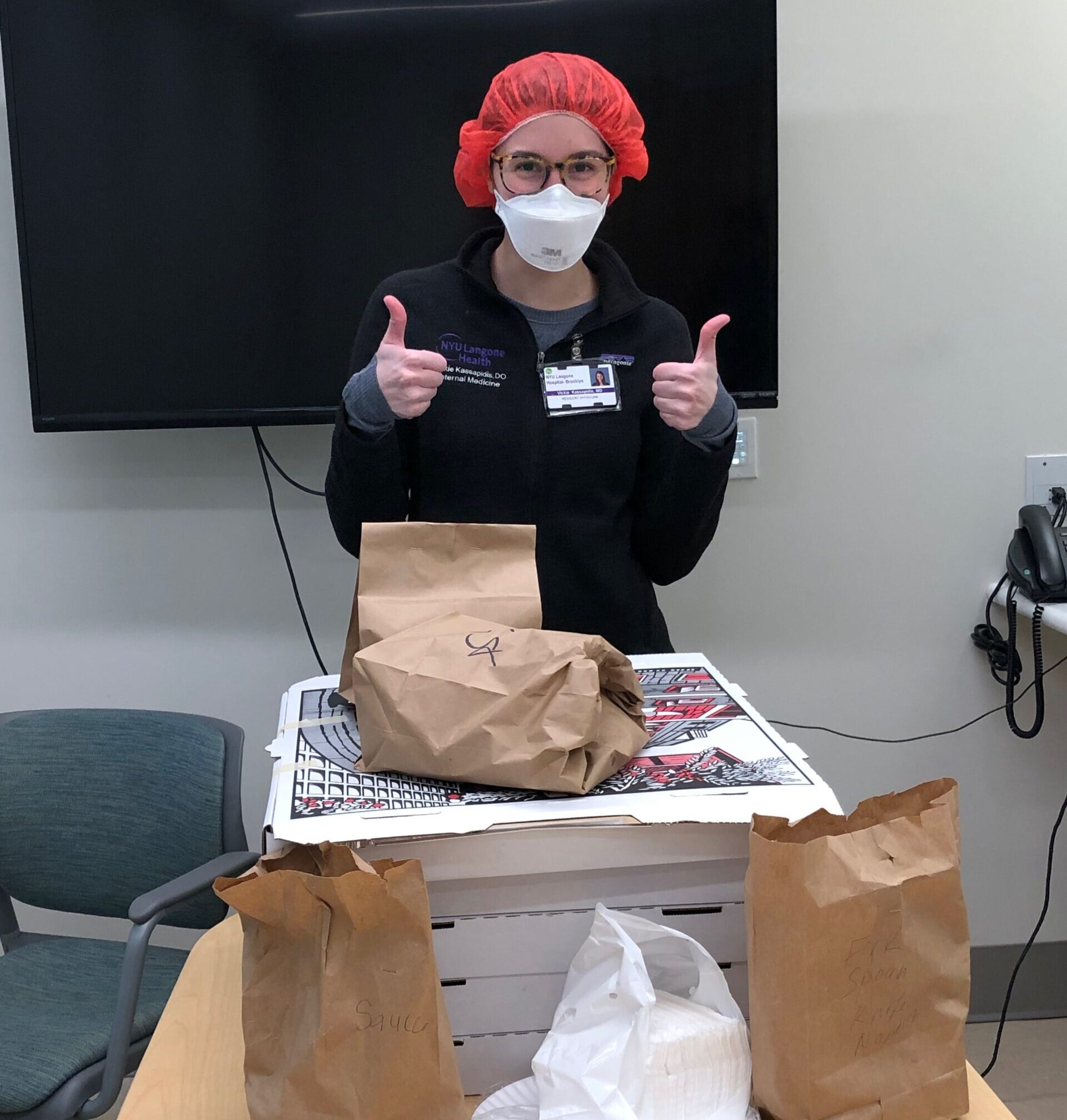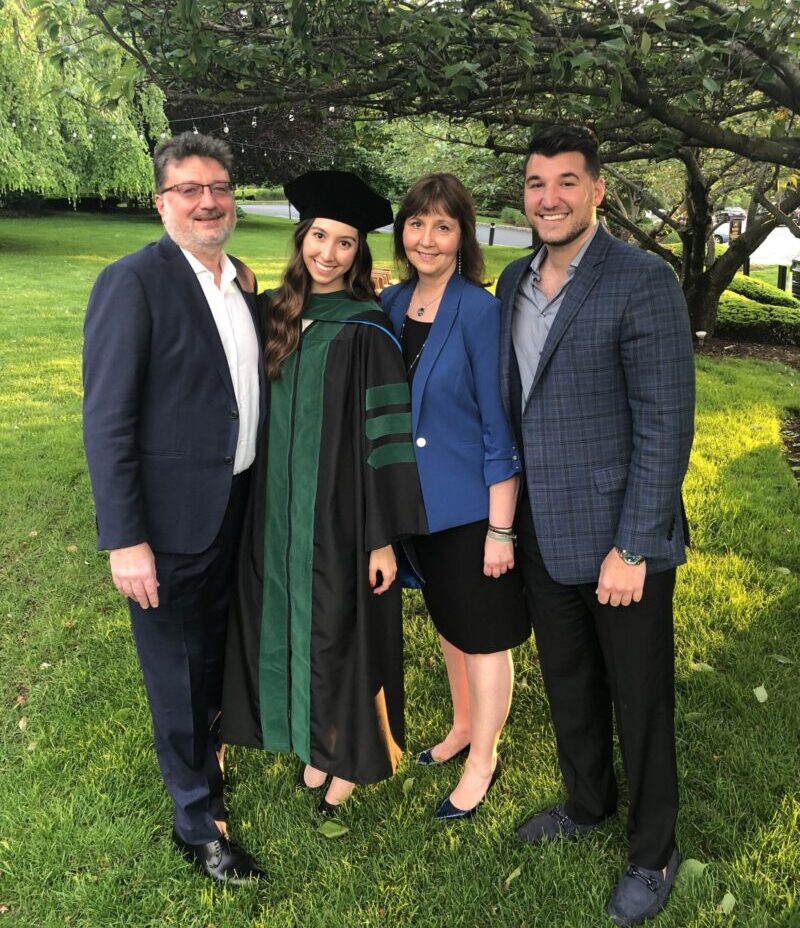At the height of New York’s coronavirus crisis, hospitals were engulfed in COVID-19 patients. There were stretchers in the hallways. Doctors were staffed two to three deep in the emergency rooms.
They tried everything. Patients still deteriorated and died 10 to 12 a day, in groups, or one after the other.
COVID-19 deaths stalked Mt. Sinai Hospital Queens and at North Shore Manhattan where Dr. Sotirios Kassapidis worked.
Don’t tell this pulmonologist and critical care specialist that there’s nothing to worry about. Don’t tell him the coronavirus crisis is overblown and manufactured.
“This is the most horrific thing I’ve ever seen in my life,” said the Greek-American physician. “It’s hell in biblical proportions.”
One thing COVID-19 is not. It is not the flu.

“This is the destructor. This laughs at the flu,” he said.
New York City’s densely packed population was a natural breeding ground for this coronavirus, as people continued taking the subway and going to work.
Worst hit–those too poor to move away or who couldn’t work at home. Manhattan’s COVID-19 numbers were lower because they had the money to leave, he said.
“The patients are the sickest patients I’ve ever seen,” he said. “The bad thing is, you have them on ventilators. They’re intubated. You’re doing everything you’re supposed to be doing and they’re doing fine. And then all of a sudden they just crash.”
It’s hard to know what to do. The newness of the virus means medical protocols change daily.
Dr. Kassapidis lost a dear friend and colleague to COVID-19. He fought for three weeks. Different treatments were tried, even remedisivir, the drug recently touted as a possibly effective treatment by White House infectious disease expert, Dr. Anthony Fauci.
“He didn’t make it,” Dr. Kassapidis said.
The good news is that, for now, New York’s coronavirus cases may have peaked. Dr. Kassapidis said new admissions are down.

Even so, they still lose one to two patients a day. “We still have refrigerator trucks outside the hospital for the bodies,” he said.
And the sick patients are still there.
“A lot of those patients have been with us for a while. They’re like in suspended animation and drifting off slowly despite everything we could have done,” he said.
He worries about the climbing COVID-19 numbers being reported in rural states and about reopening too much of the country too soon.
As bad as it was in New York, with the best hospitals around, how will rural communities do with more limited healthcare resources?
Short of an effective vaccine, there will be no silver bullet to treat this coronavirus.
So where does this leave us?
Dr. Kassapidis thinks we’re looking at an altered landscape. “I don’t see our world going back to normal anytime soon,” he said.
Think of any place where people gather in larger groups—stadiums, concert halls, movie theaters, Broadway shows, restaurants, amusement parks. The list goes on. If events aren’t canceled outright, they will require social distancing and face masks.
Travel will be curtailed or restructured for health safety.
And there’s the economic impact. Those already struggling financially will be hurt the most.

He’s grateful for the respect and help given to healthcare workers, from cleaners to nurses, to leading physicians. He thinks of the Greek restaurant in Astoria that set up a smorgasbord of food in the hospital. Those gestures mean so much, he said.
Dr. Kassapidis comes from a family of physicians, starting with his physician father, who came to America from Veria, Greece, “with a paper bag and $25 in his pocket.” His mother, also Greek, was born in Boston.
His wife, Dr. Rany Condos, is a pulmonologist at NYU Langone Health. His daughter, Vickie Kassapidis, 28, is a resident at NYU. His son, Steven, 27, is a second-year law student at Hofstra. Dr. Kassapidis’ uncle is an OB/GYN. His sister is a physician in New Hope.
“It’s a family business,” he said.
“Growing up, you had no choice but to become a physician,” he joked.
Once he went to medical school he realized being a doctor “was what I was made for.”
“I love it, even during this crisis,” he said. “I couldn’t see myself doing anything else.”









